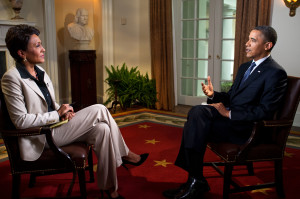
The ultimate goal of any interview is to formulate an opinion with regard to the verifiable facts versus the statements elicited from the person being interviewed. Whether the interviewee is a candidate for a job, a witness under oath, a claimant, a suspect or person of interest in a civil or criminal investigation or someone who may or may not have worthwhile information about an event, the following techniques should be handy in getting to the truth:
- Motivation has relevance when establishing proofs. Questioning someone’s reasoning about their actions can elicit responses that logically explain conduct.
- Thorough preparation for an interview is integral to its outcome. It is important, for instance, not to run out of questions before the interview is over. In this regard, repeating a question allows for the formulation of other questions. Sometimes, a long period of silence makes the subject of the interview feel as if he/she should fill the gap. In these instances, the subject may provide more information than originally intended.
- If the subject of the interview becomes uneasy, continue to inquire about that aspect that brought on the uneasiness. Be aware that visible/audible behaviors such as yawning, giggling, evasive answers, audible stomach noises, etc. may be coincidental, or they may relate to untruthful responses.
- Look for physical signs of nervousness such as sweating and/or the inability for the subject to look you in the eye. Sit or stand close enough to cause a certain amount of uneasiness, but position yourself so that you can observe his/her movements and actions from head to toe. If you can avoid the use of a desk or physical impediment, so much the better.
- Maintaining eye contact is crucial. It will help you identify change that is more than normal or usual.
- Take your time! Don’t be too quick to complete the process, and take good notes.
Remember, the best interviewers are those persons who are good at developing an intuitive sense about people in general. Every statement (whether from a job applicant, a witness under oath or anyone else) has two components; it has content and emotion or attitude. Those interviewers who have the most success at eliciting truthful responses are the ones who possess these important communication skills and have chosen to invest themselves in the interviewing process. They look at the process as a rewarding experience rather than a study in frustration.
Research North, Inc. (RNI), is a professional private detective service providing support to the business community, the insurance industry and individuals in Michigan and Wisconsin since 1981. The company also offers pre-employment background checks to small and medium sized businesses through a subsidiary called Backgroundcheckswork.com that is fully staffed by professional investigators who are retired from law enforcement.
Delivering Information That Works For You
INSURED • QUALIFIED • THOROUGH • RELIABLE • CONFIDENTIAL • FAST